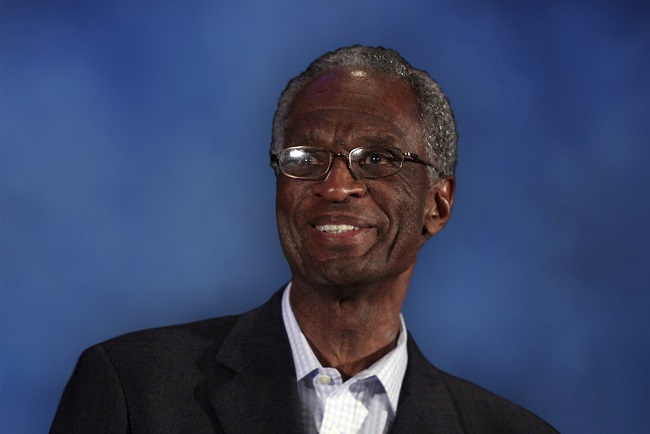
I have been and continue to be a strong supporter of the fight to provide low income and working class parents with the power to choose the best educational options for their children. I joined this fight over 25 years ago because I believed it is one of the levers that addresses the systemic inequities so many poor students face. I became involved in this noble struggle to ensure that low income and working class Black families had greater access to quality educational options for their children. So, while I believe that all students deserve a quality education in a school that best meets their needs, I also believe that publicly funded parent choice programs should be used primarily as a tool to empower communities who face systemic barriers to greater educational and economic opportunity. I did not join this movement to subsidize families like mine, which may not be rich, but have resources and thus, options. I joined the late Polly Williams in 1989 in her courageous fight to make sure that poor families were afforded some opportunity to choose schools in the private sector for their children.
Since then, I, along with many others, have fought tirelessly for parent choice programs and policies for low-income and working class families throughout the nation. From the beginning, some critics of the parent choice movement claimed that Republican lawmakers and other conservative individuals who have strongly supported parent choice policies and programs over the years were only using poor children. The real agenda, these critics have charged, has been that at some point these programs would be hijacked to offer universal vouchers or other types of similar programs to even the wealthiest citizens.
I reject this sweeping generalization of people’s motives. I know for a fact that many of the individuals who have supported parent choice over the years did so and continue to do so, because they believe, as I do, that we should not have an America where only those of us with money are able to choose the best schools for our children. Unfortunately, Nevada’s Education Savings Program fits the pattern that these critics have asserted for years. It is a gift to the opponents of the parent choice movement.
Separate from the argument above, some of our allies in the choice movement have made no secret of their desire for universal vouchers or programs that give everyone access to public dollars to be used to access private schools, and I have been just as clear that I could never support such programs. I hold no malice toward them, but I will never support a plan that will no longer give low-income families a leg up and will instead give those of us with means even greater means to leverage the limited number of private school options to the disadvantage of low-income families.
So, I will not join the celebration of the Nevada Education Savings Account Program. While some may view it as a “landmark” victory for the parent choice movement, I do not. At least it is not a victory to those of us who are focused on helping low income and working class families in their quest to find better options for their children.
While I hope that I am proven wrong, I believe Nevada’s SB302 will do very little to help low-income and working class families find better options for their children.
Howard Fuller is Founder and Director of the Institute for the Transformation of Learning at Marquette University
